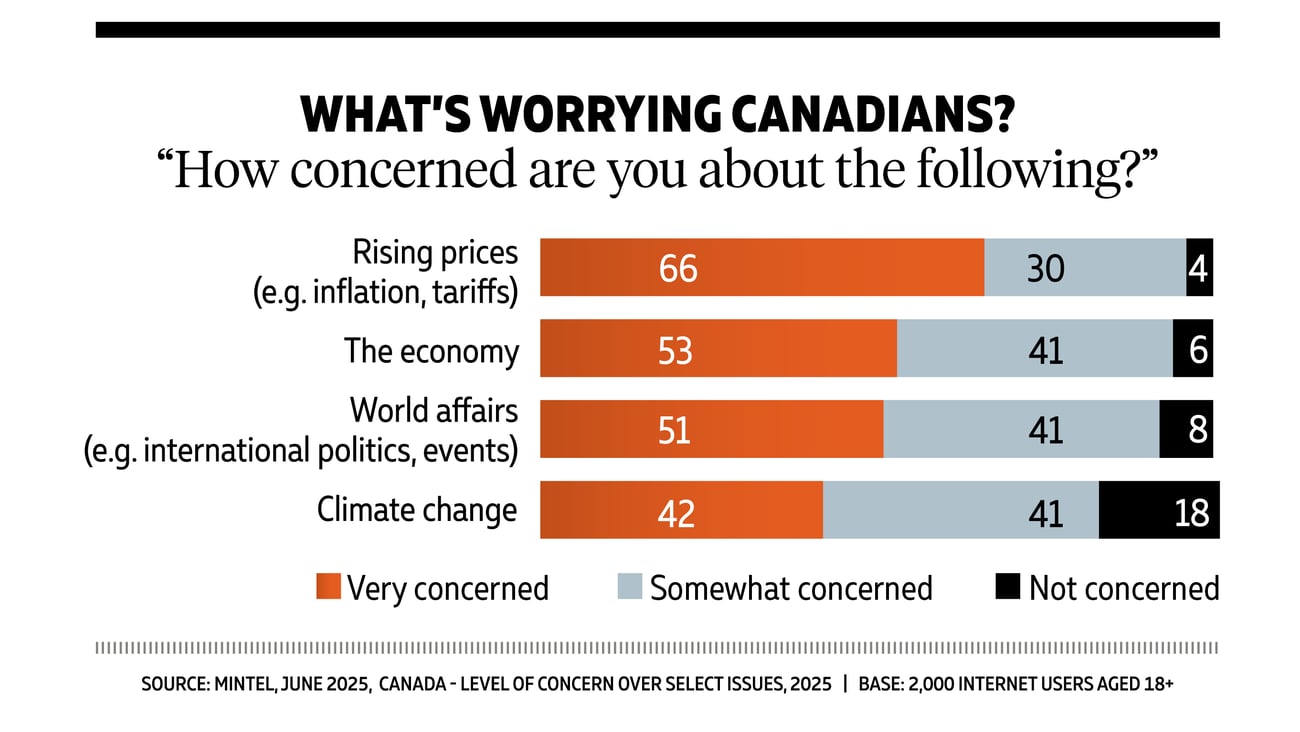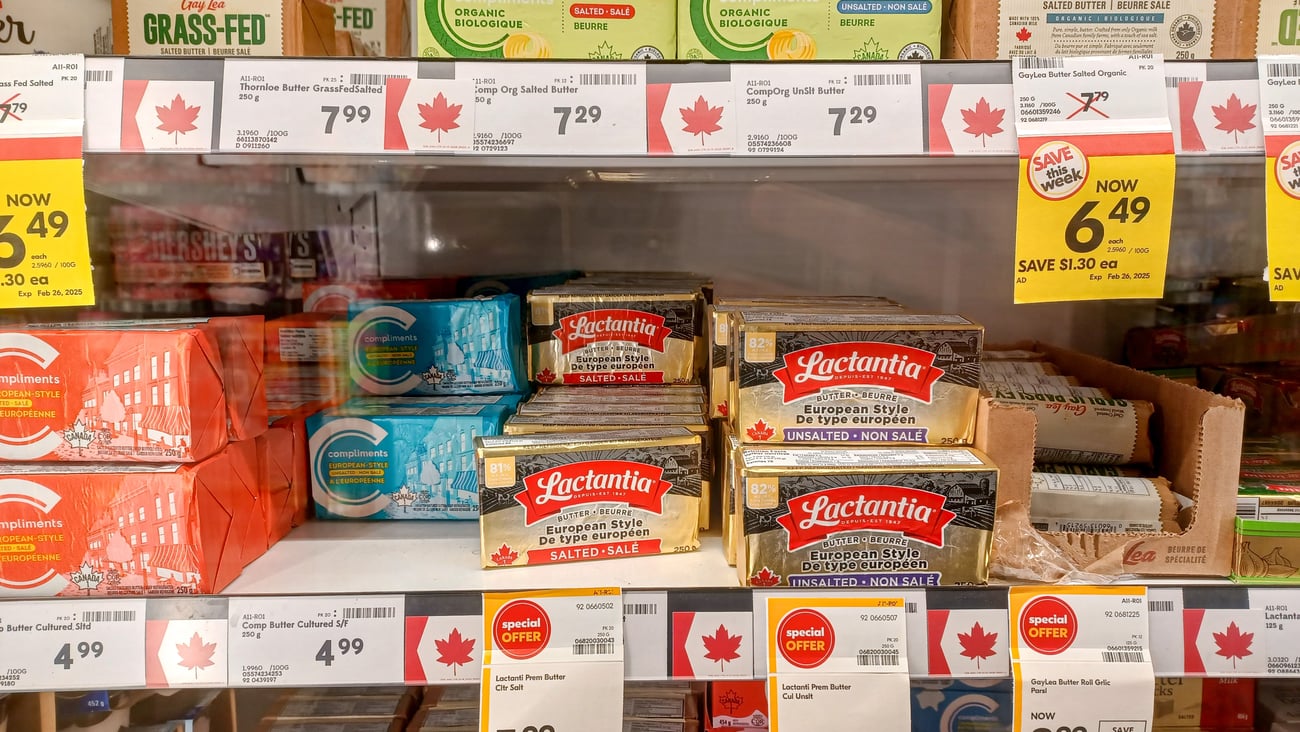How do Canadians feel about compostable pods?
Canadians love their coffee, and Mintel forecasts that the love affair will continue. Retail sales of coffee in Canada reached nearly $1.5 billion in 2014 and are estimated to surpass $2 billion by 2019, with innovation helping to spur growth. Among Canadian coffee drinkers, 46% reported having a single-serve coffee machine at home with another 21% claiming that while they don’t currently own one, they are interested in buying one.
For the third of consumers who don’t own a single-serve coffee maker, and show no interest in getting one, price serves as the main detractor. The third most cited concern, however, is the amount of waste coffee pods generate.

According to the website killthekcup.org, enough K-Cups have currently been used to circle the earth 12 times. These environmentally based concerns are only growing as Keurig Green Mountain innovates into different verticals such as soft drinks. What’s more, their patent for making K-Cups expired in 2012, leading to third party offerings hitting the marketplace.
As environmental consciousness becomes more prominent in the public zeitgeist, concerns over waste are unlikely to dissipate. The net effect is an effort to develop compostable pods, with Canadian companies and entrepreneurs on the front lines of this effort. For instance, Toronto based Club Coffee working with Guelph, Ontario’s Bioproducts Discovery and Development Centre, is currently testing biodegradable pods across Canadian municipalities. Additionally, Vancouver based G-Cup is also hoping to tap into this market in 2016 having developed compostable single-serve options in partnership with the University of British Columbia.
Beyond the science and development that goes into innovating compostable pods, consumer education is also necessary. With multiple varieties of coffee pods on the market, some compostable and others not, there are undoubted concerns that confusion may set in with some users. Non-compostable pods in green bins could play havoc with existing composting programs. As such manufacturers would need to work with municipalities to raise awareness among residents of what pods are and aren’t compostable.
Based on the percent of consumers who claim to own single-serve machines, consumers age 44 and under represent a prime target for marketers , particularly Millennial women between the ages of 18 and 34, of whom 55% claim ownership. Perhaps influenced by age, parents are also more likely to have a single serve machine in their home versus those without kids (57% vs 41%). This suggests that marketing initiatives that focus on the desire for a convenient cup of coffee while taking small steps to not compromise the environment for future generations may hold additional sway with core existing single-serve users.
Canadians’ love affair with coffee will undoubtedly continue, but this relationship need not come with a steep environmental cost. Assuaging environmental concerns can support usage among current single-serve converts and perhaps draw in some of those who currently show no interest.




